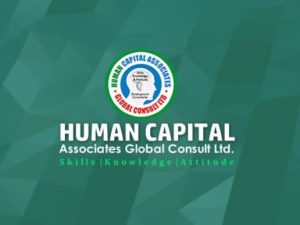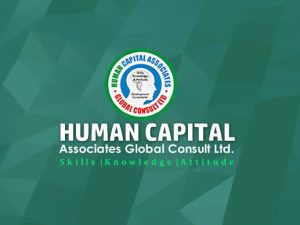Workshop on Waste Management: The Modern and Sustainable Approach
Workshop on Waste Management: The Modern and Sustainable Approach
May 27 – 31, 2024, 1st Run: Lagos & Abuja
November 25 – 29, 2024, 2nd Run: Lagos & Port Harcourt
For Tutor -Led Class: 9am – 4:30pm
Workshop fee: N250, 000 per Participant
For online: Delivery via Zoom
Online course fee: N200, 000 per Participant
Available for In-plant Training
Program Overview:
In the 21st century, sustainable waste management is as much about resource management and recovery, as it is about safe and effective disposal.
This course helps participants who either produce waste or handle waste to use information gained to develop a more sustainable and cost-effective way of managing waste in both a local and national context. It follows the principles of the waste management hierarchy to underpin good practice in waste management, in a way that recognizes waste as a resource. This will both help to protect the environment and maximize profit.
Participants will learn to use a range of tools to explore opportunities in waste prevention, re-use and recycling; and in so doing, reduce management costs and create commercial opportunities.
Opportunities for energy generation from biological waste, including food waste, will also be identified.
For Whom:
This course is designed for waste managers and supervisors, including managers and supervisors in all waste-producing industries (e.g. including manufacturing and retail.) It is also ideal for municipal waste managers, waste planners (private and public sector) and anyone who wishes to explore opportunities in the management of waste in the 21st century.
Learning Objectives:
At the end of the program, participants will be able to:
- explain the use of the waste management hierarchy in the sustainable management of waste and its role in the circular economy;
- use the principles of sustainable waste management in a Middle East context;
- identify opportunities in waste prevention for cost-efficient waste management;
- explore re-use and recycling opportunities in waste management, and manage waste-related environmental risks through a risk-based approach;
- use principles of waste recovery to explore opportunities for energy generation through anaerobic digestion and energy from waste incineration; and
- examine the potential impacts of waste disposal to land (landfill) and identify more sustainable alternatives where appropriate.
Course Outline:
Day 1: Sustainable waste management: an international context
- Waste management policy for the 21st Century
- Principles of sustainable waste management
- Sustainable waste management and the circular economy
- Sustainable waste management: A Middle East perspective
- Environmental risks and their management and control
- Pollution linkages and their use in managing environmental risks
- Good practice in municipal waste management
- Sustainable options for different waste types
Day 2: Waste prevention
- Commercial ‘drivers’ and good practice examples
- The true cost of waste
- Use of simple tools
- Flow diagrams
- Scope to save
- Process mapping
- Mass balance
- SMART objectives
- Cause and effect diagrams
- Decision matrices
Day 3: Waste re-use and recycling
- The value of waste as resources
- The role of Materials Recovery Facilities (MRFs)
- ‘Clean’ MRFs and ‘Dirty’ MRFs: How they work
- The role of transfer stations
- The science of composting
- Good practice in open windrow composting
- Good practice in ‘In-Vessel Composting’ (IVC)
- IVC for food waste
Day 4: Waste recovery
- Anaerobic Digestion (AD): an old science with
new opportunities
- The science of AD: summary
- AD of food waste
- AD for energy generation
- Good practice in the management of food waste
- Waste incineration with energy recovery
- Good practice in Energy from Waste Incineration (EfW)
- EfW for municipal waste
Day 5: Waste disposal on land
- Landfill: Hazards and risks
- Principles of sustainable landfill
- Landfill: Engineering considerations
- Regional (including climate and geological)
influences on good practice
- Co-disposal landfill
- Long-term storage of waste
- Waste management in 2050
- Predicting the future: potential commercial opportunities in waste management
Training Methodology
Lectures, discussions, exercises, case studies, audio-visual aids will be used to reinforce these teaching/learning methods.
Related Courses





